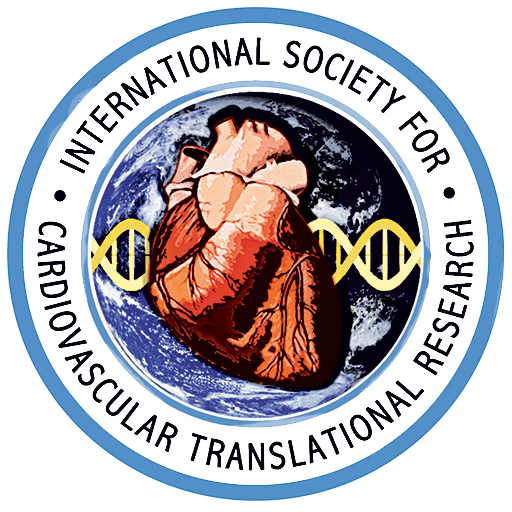[eltdf_section_title position=”” overflow=”no” title_tag=”h1″ disable_break_words=”no” subtitle_tag=”” title=”About ISCTR” subtitle=”Our Origins”]
The International Society for Cardiovascular Translational Research (ISCTR) is a non-profit organization that was founded in 2007 by Dr. Nabil Dib with a goal to expedite scientific discovery to clinical application (patients).
Currently, educational curriculum of medical school’s residency and fellowship programs do not include teaching on product development, testing of products in a pre-clinical setting, design of Phase I, II, & III clinical trials, understanding the intellectual property, business plan, fundraising, cost effectiveness and comparative effectiveness of a product. More importantly, a regulatory pathway is required for each of the above steps. This multi-discipline complex structure is the building block for translational research. This deficiency in medical school curriculum leads to an unproductive interaction between regulatory authorities, scientists and industries resulting in delay of product approval and increase costs.
In many instances, industries attempt to develop products in less quality environments and in different countries from where they reside in order to survive the financial burden of such a process. Our goal is to establish an international infrastructure for efficient product development where scientists, industries, regulatory and reimbursement agencies collaborate to create a clear pathway for biologics, devices, and pharmaceutical development.
The ISCTR was established to provide this critical path through education by establishing a new curriculum and scholarship for cardiovascular translational research and specialized educational centers equipped with the infrastructure that has the ability to deliver such education. This goal can be achieved with the commitment of many of the world leading scientists, industries and regulatory authorities such as the Food and Drug Administration, European Medicines Agency, and others that will expedite the product development and science in a cost-effective pathway, ultimately leading to better patient care.
The ISCTR and the American College of Cardiology (ACC) collaborative efforts began in 2010 that involve education on translational science pathways by holding symposiums at the ACC Annual Scientific Meeting and presenting scholarship awards in cardiovascular translational research. In the future, the goal is to build collaboration with many scientific societies all over the world and create educational centers and new generations of expert scientists in translational research to enhance patient care.
